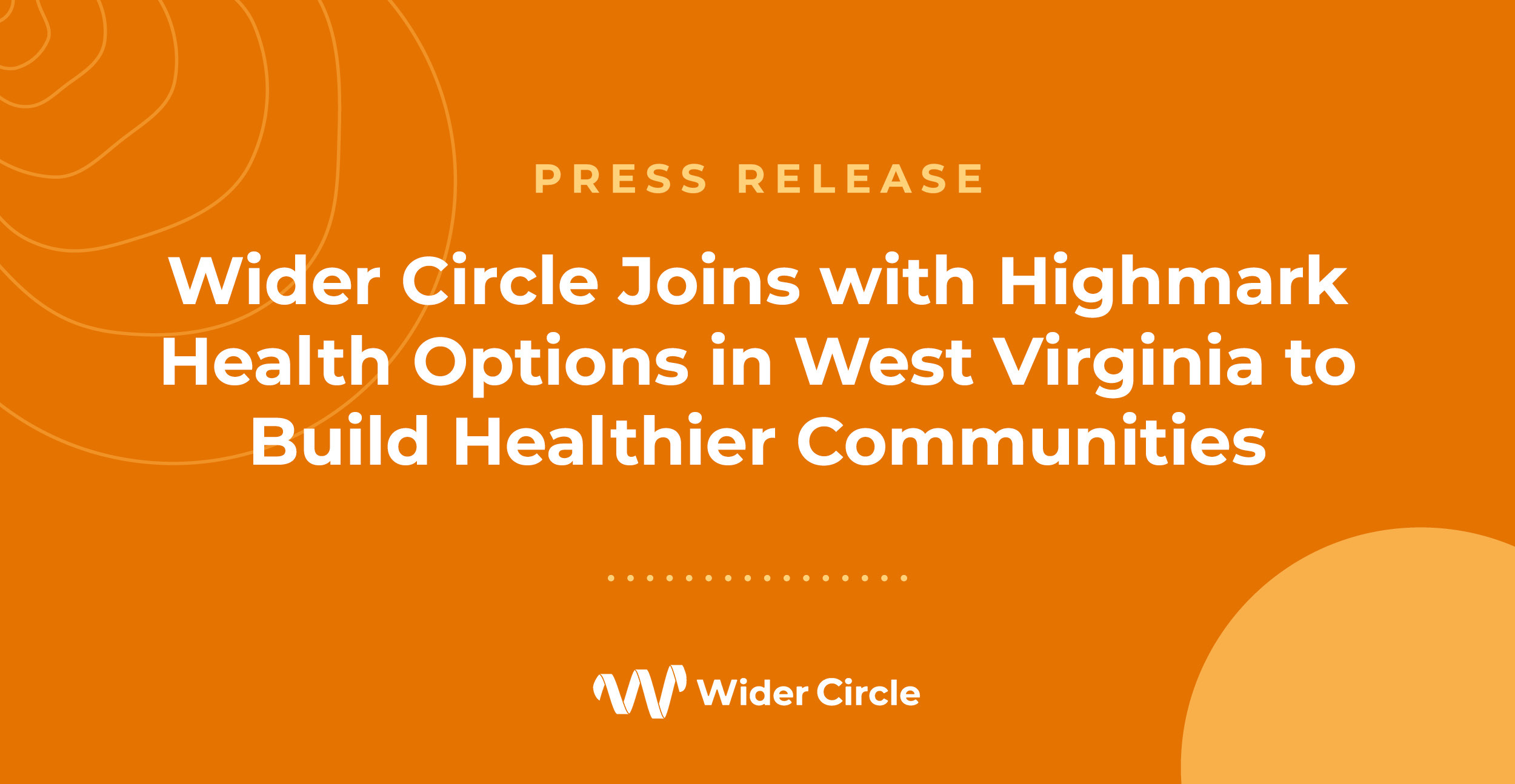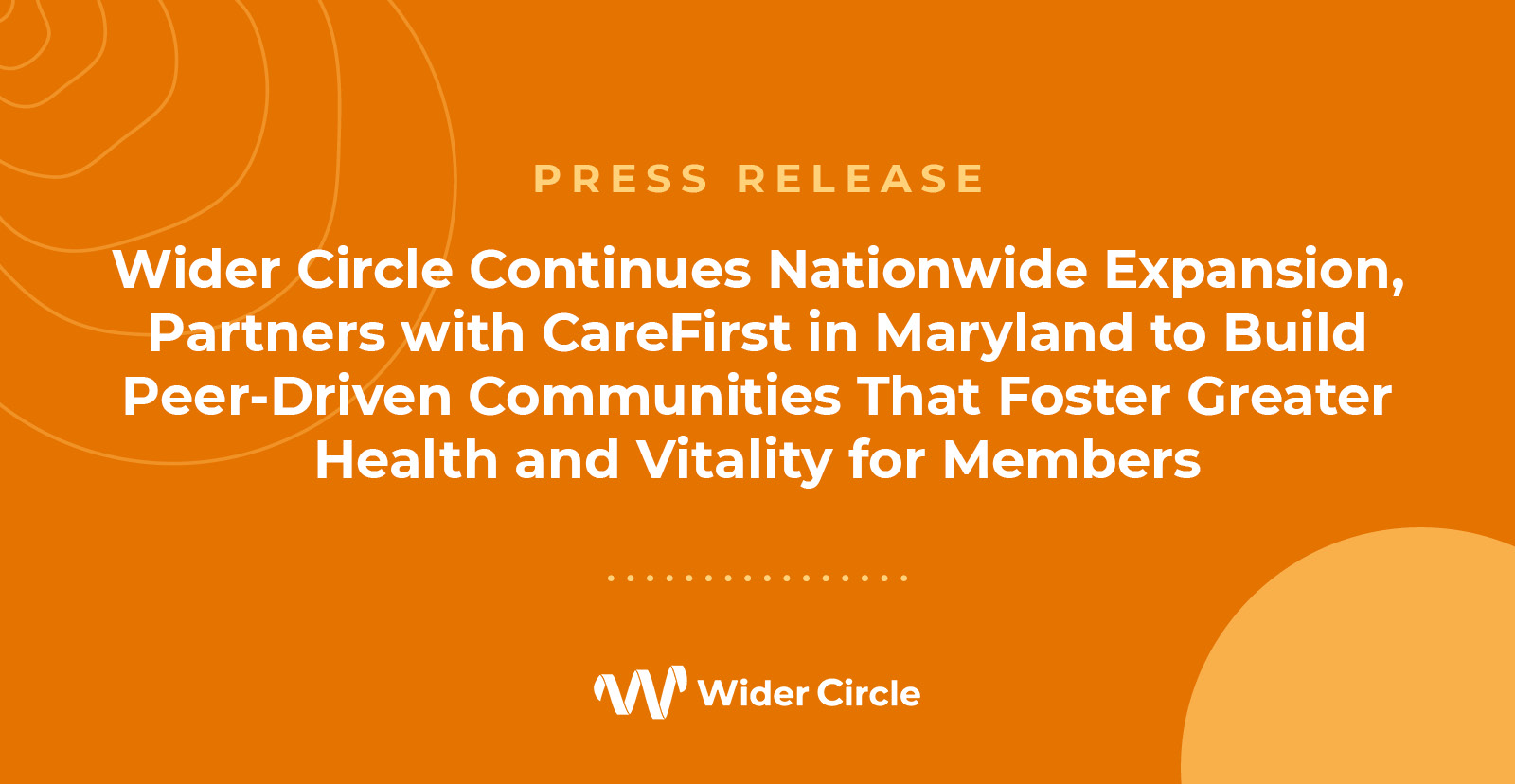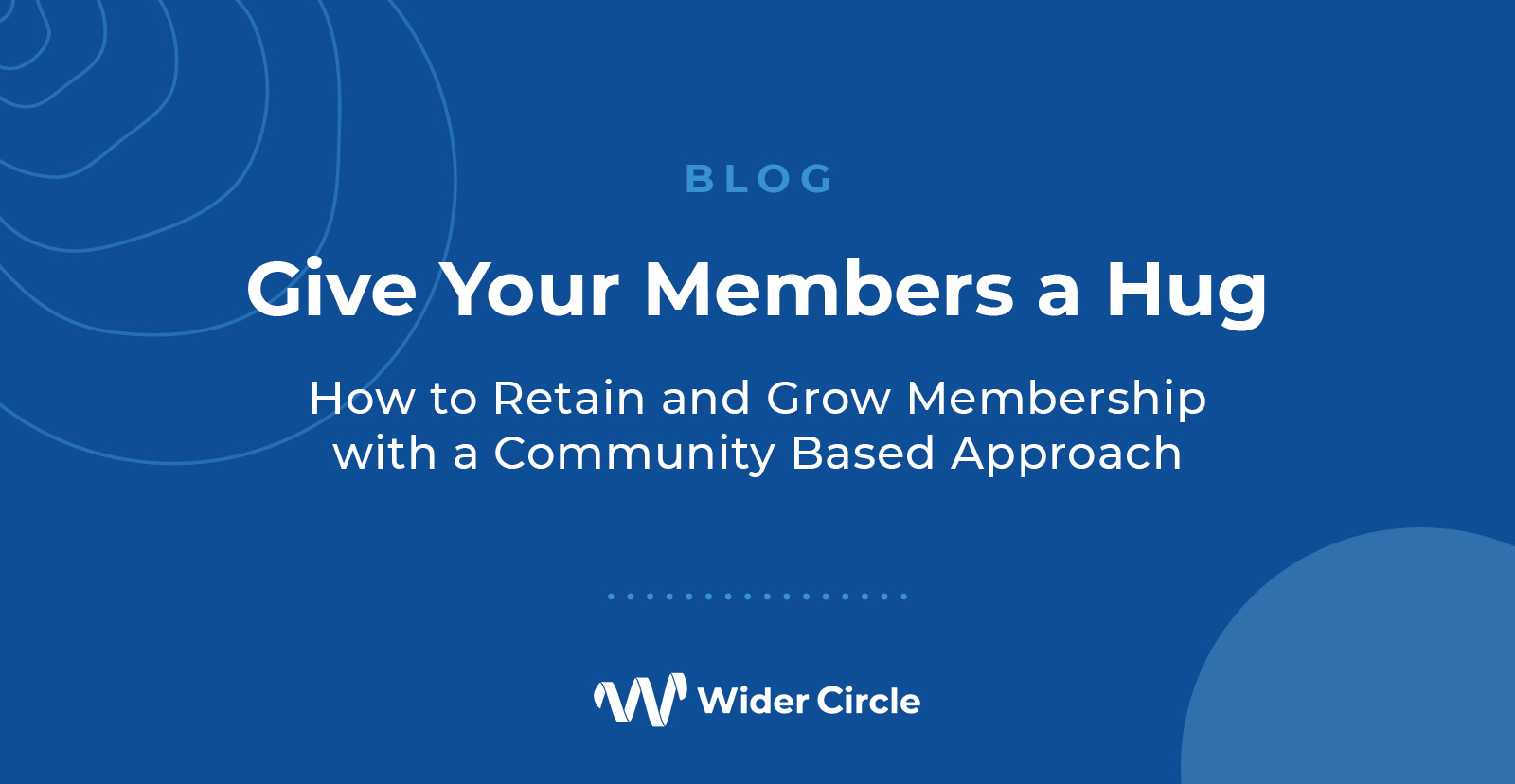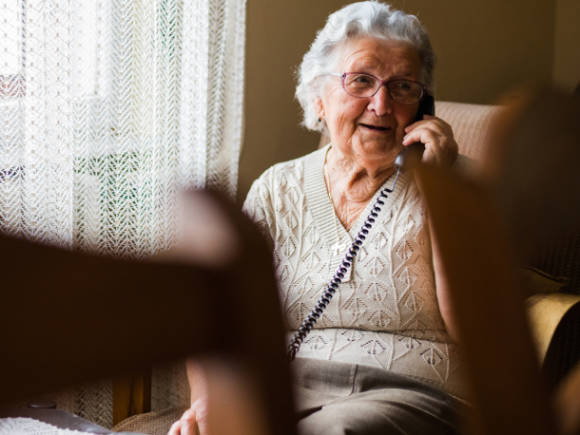
How a Community Approach to Care Can Help Meet Critical Health and Social Needs for Our Most Vulnerable Americans
When I got the news of the COVID-19 stay at home order in my native California a few weeks ago, like many, I couldn’t sleep. As the co-founder of an organization whose mission rests on uniting community partners and neighbors to connect older adults for better health, I felt that we had an urgent responsibility to adapt our physical group-based model to one that could continue to support the health and safety of our neighbors even if they couldn’t come together in their normal groups. I also couldn’t shake the feeling that more stay at home orders across the country were bound to take hold, and the impact that this prolonged social isolation could have on vulnerable, high-risk Americans everywhere.
The Centers for Disease Control and Prevention (CDC) considers the elderly and people with chronic conditions such as diabetes, heart disease, and lung disease to be at higher risk from the coronavirus. We must also consider the mental and physical impact of social isolation and loneliness, including increased sleeplessness, anxiety, depression, as well as immune and cardiovascular problems. Add to that the new face of challenges brought on by this pandemic: less access to food and vital medications, delayed doctor visits, and for some, unprecedented financial stress.
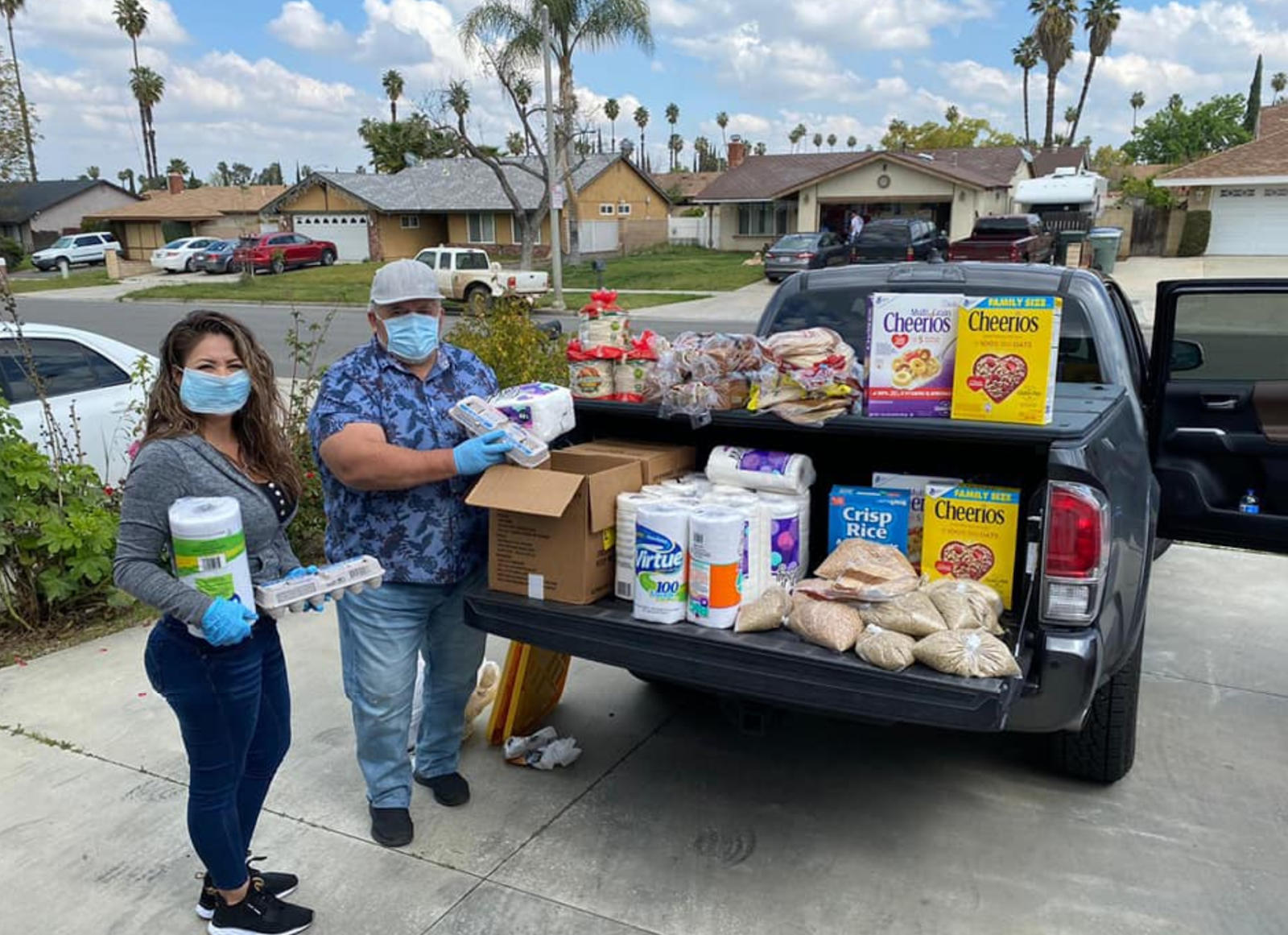
We must do the right thing for public health and stay at home for as long as necessary to fight COVID-19, but if doing so produces even more health challenges beyond the virus itself, health and community leaders must come together to ensure these needs are met in a holistic way. At Wider Circle we have been actively partnering with health plans across the country to meet this moment and provide critical support for our most vulnerable populations. And as the first organization to run randomized controlled studies to show health partners how an evidence-based “hand-on-hand” intervention can improve preventative care measures while reducing hospitalizations, we know first-hand the effectiveness of engaging community to give patients a sense of purpose, support better health, and counter feelings of anxiety.
From our experience the most critical social interventions include:
- A focus on social connection – Virtual support groups, like the ones Wider Circle is hosting, that focus on social connection and health check-ins can significantly enhance feelings of connectivity and well being.
- Strong neighborhood support systems – Even those most vulnerable to COVID-19 want to do their part to help protect others in their community. We’ve provided opportunities for folks to sign up for peer-to-peer buddy check-in calls – increasing connections and empowering members. Checking in on one another even just once every few days can help lift spirits and relieve stress. We also have a call center where our trained callers conduct welfare checks with thousands of members per week to support critical care and food needs.
- Support for critical health plan and provider COVID-19 initiatives like telehealth – We’re partnering with our health plan customers to ensure telehealth benefits are accessible and easy to use for older adults.
I am proud and humbled by our team and the hundreds of able members, volunteers, and community and health care partners working tirelessly to implement our COVID-19 Support Program. From assembling and delivering thousands of meals to those in need throughout California, to setting up emergency phone trees, delivering medicines, and taking our peer-to-peer network to the web and phones, we are putting the power of community care to work. There is still much work left to do, but we are moving forward with proven best practices, hope and compassion. By working together, we can and will beat COVID-19.
To learn more about Wider Circle’s COVID Support Program, or if you or someone you know is in need of assistance, please call our hotline: (877) 470-0390.

